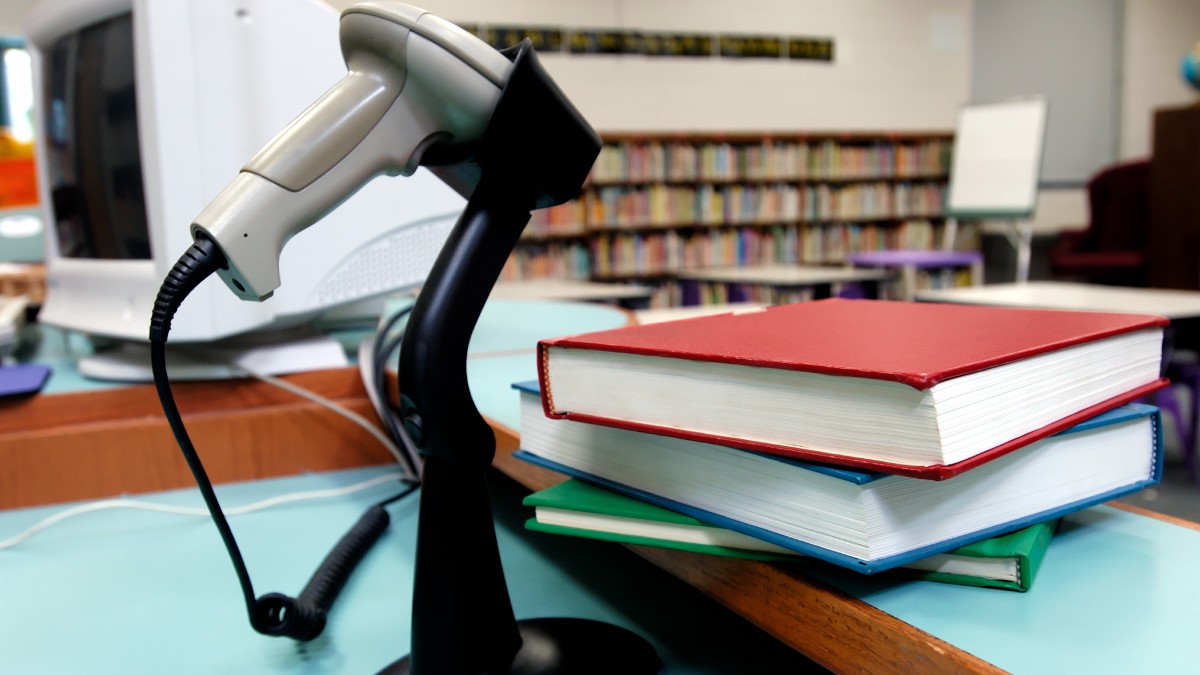Utah school districts pushed statewide book bans for books never checked out in their districts

Six Utah school districts were responsible for pushing the statewide bans of 13 books in public schools. However, some of the districts never even had students check out the books they pushed to ban.
Utah currently has some of the strictest book-banning legislation in the country. It is one of just three states that allow for statewide book bans. The state’s laws stipulate that if just three out of the state’s 41 school districts claim a book amounts to “objective sensitive material,” it can be banned in every public school statewide. Meanwhile, the Utah School Board of Education had pushed to make the law even more dystopian by suggesting teachers and librarians be forced to burn the books banned statewide. Shortly after passing the law, Utah released a list of the first 13 books banned statewide, including several books by Sarah J. Mass, Milk and Honey by Rupi Kaur, What Girls Are Made Of by Elana K. Arnold, and Blankets by Craig Thompson.
The majority of books banned statewide tackle things like sexuality, sexual assault, reproductive rights, and substance abuse from a feminine perspective. Banning these books shows a concerted effort, not to protect kids from “pornography” but to purposefully prevent girls and young women from understanding their bodies and rights or from accessing resources that could help them heal. Meanwhile, the check-out data for these 13 books has raised more questions than answers about why these books were banned.
What the check out data for Utah’s banned books means
Recently, The Salt Lake Tribune compiled checkout data on Utah’s 13 books banned statewide. Ultimately, six school districts were found to have driven the statewide bans: Alpine, Nebo, Tooele, Jordan, Washington, and Davis. Not all of the districts had checkout data available for each of the 13 books between the 2021-2022 and 2022 – 2023 school years. However, the data that was presented raised many questions.
In some cases, the books these districts pushed to ban statewide hadn’t even been checked out in their district. For example, Blankets was designated as “objective sensitive material” by several of these six districts in order to ban it statewide. However, two districts didn’t carry the book, one didn’t have checkout data available, and the other three recorded zero student checkouts of the book during the two school years. Forever by Judy Blume experienced a similar phenomenon. Davis County recorded just four student checkouts during the school year, while the others had no data or recorded zero checkouts.
The only books confirmed to have more than 0 – 4 checkouts across the six districts were Maas’s books and Rupi Kaur’s Milk and Honey. The lack of checkouts raises many questions, including why these books were even reviewed if they were never checked out. It would make sense to potentially review or consider removing a book if a child or parent whose child checked out the book expressed concerns about its content. However, if the book was never even checked out, it sounds like school officials decided to ban the book without legitimate or verified feedback from an actual parent or student who checked out/read the book. Meanwhile, taking the time to review and push to ban books that students aren’t checking out, which makes one think these school districts are making problems out of something that was never a problem.
After all, it’s not like banning books is an easy process. These books must be carefully reviewed by committees as stipulated by school policies and laws. This takes a lot of time, labor, and resources. For example, Davis County alone spent a whopping $27,000 just reviewing challenged books the last two school years. School districts are spending money that could be going toward bettering the lives of students and teachers to review books that were never checked out by students and couldn’t have received legitimate complaints from parents. A school district should only be devoting time to reviewing and banning books if a parent or educator has concrete proof that their child or student read the book and was harmed or made uncomfortable by its content.
Otherwise, they’re just devoting precious resources to banning books that have been sitting on the shelves undisturbed and causing no problems for years.
Have a tip we should know? tips@themarysue.com